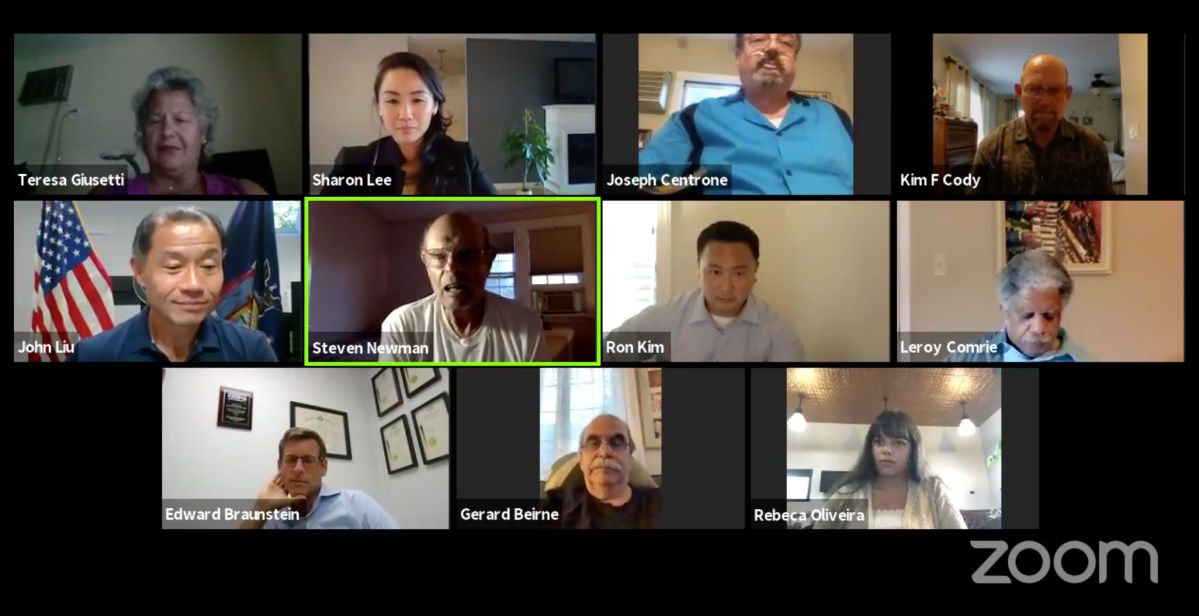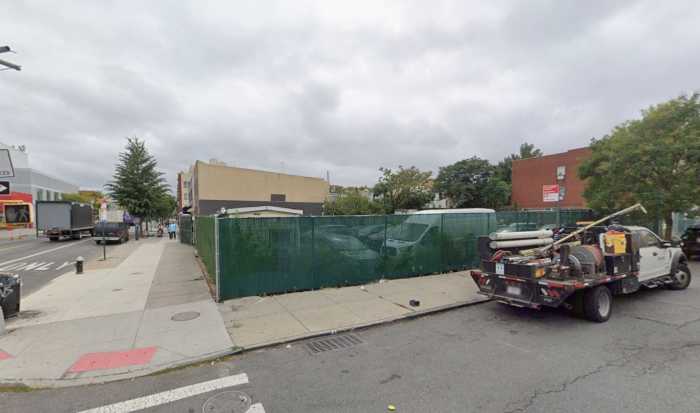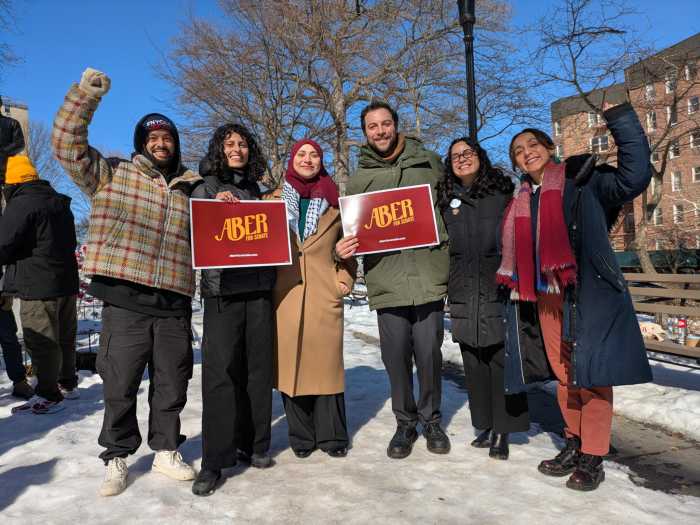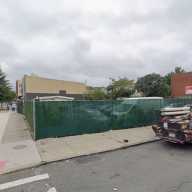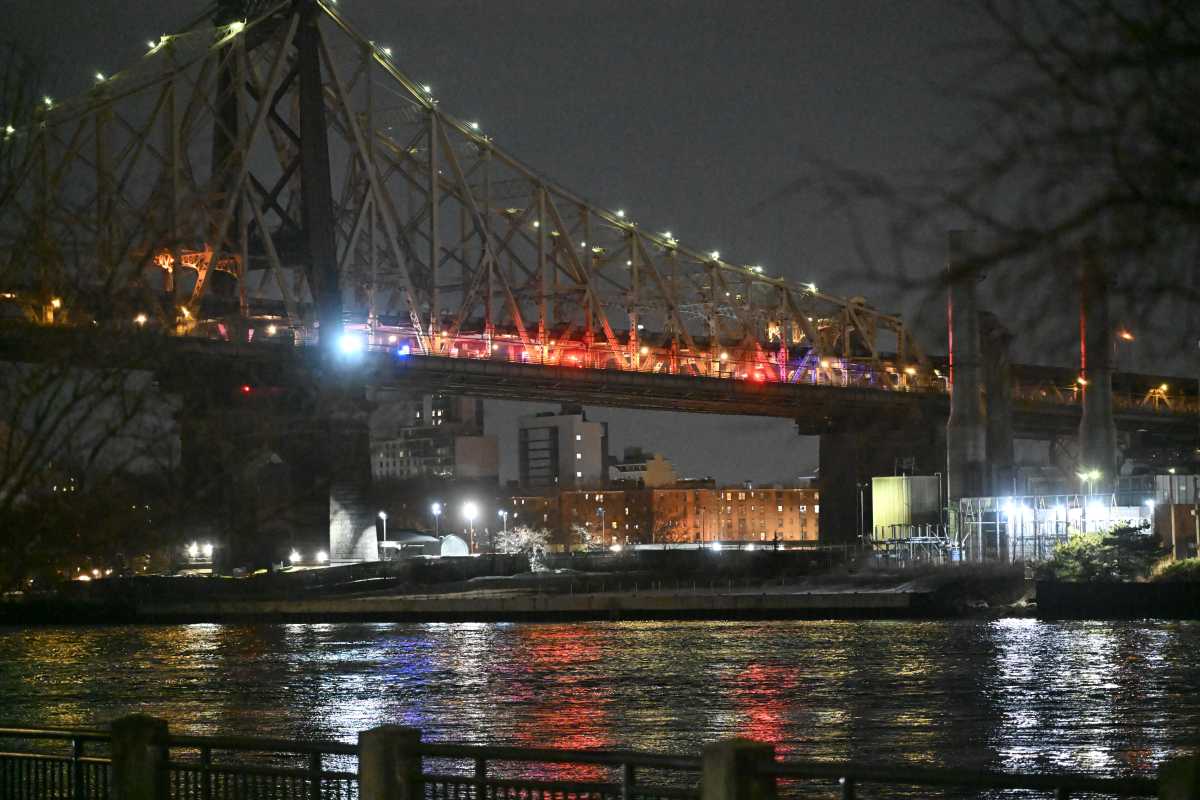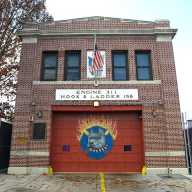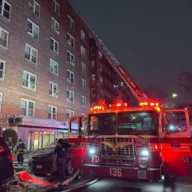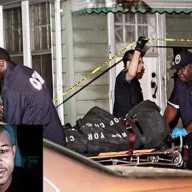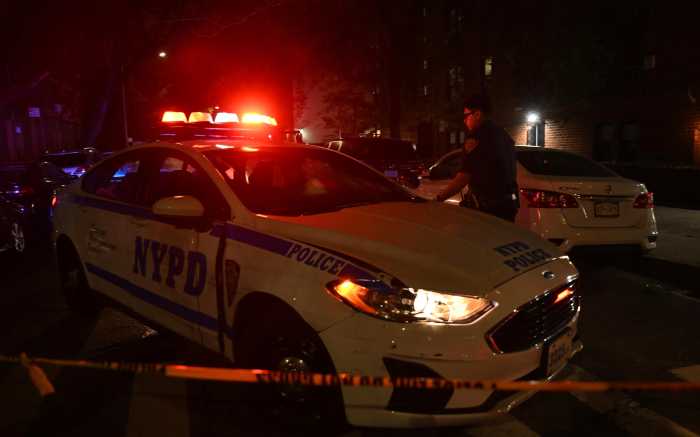Northeast Queens politicians and residents voiced their frustrations and offered suggestions Wednesday, Aug. 19, during a virtual town hall meeting about Con Edison’s lack of response and preparedness following the aftermath of Tropical Storm Isaias that caused widespread power outages and downed trees in the borough two weeks ago.
State Senator John Liu hosted the Zoom forum with his colleagues during which they gathered testimonies from constituents of Whitestone, Douglaston, Bayside, Hillcrest, Floral Park and Bellerose ahead of a state legislative hearing on Thursday to address the emergency storm response and customer communication by utility companies.
“This is a situation where we do believe that Con Ed should’ve done better in the days leading up to this storm,” Liu said. “They had days to prepare, but not only that, they had years to prepare because it seems like many of the lessons that the utilities companies should’ve learned from Superstorm Sandy eight years ago, was still not learned.”
The lawmakers’ goal is to propose new laws that will hold utility companies like Con Edison accountable, according to Liu, and provide relief to families that have suffered immensely during tropical storm Isaias that ripped through New York City on Aug. 4.
Tree pruning is an issue that many participants in the forum discussed, as they’re still dealing with downed trees — some of which were deceased and needed to be pruned.
Marie Marsina, who has resided in Douglaston for over 25 years, said there are still trees blocking a quarter of the street as cars drive by.
“Not having power for six days jeopardized my health, safety and livelihood,” Marsina said. “If there was a need for me to have an ambulance or fire truck come to my house or block, that would’ve been a problem.”
Though Con Edison is reimbursing customers for loss of spoiled food and medication during the power outage, Marsina said buying food was an added expense.
“We had to order-in three meals a day and go to a restaurant or had it delivered,” Marsina said. “We’re in a pandemic and I don’t choose to go out. I don’t want to have to go out to eat and worry about jeopardizing me and my family’s health by contracting coronavirus.”
Another Douglaston resident, Joseph Centrone, said he has two refrigerators — one that stores about $2,000 worth of fish and meat, and another with wine and food.
“I was told Con Ed would accept losses up to $250 with documentation; I don’t do that,” Centrone said. “Why do we have to prove that everything we had was lost … I didn’t lose much, but if I was told that it would’ve been more than a day, I would’ve gotten a generator. The delay in telling us the truth is my biggest complaint that is echoed by us and my neighbors.”
In Hillcrest, Beverly Sanders said her 102-year-old neighbor and aide had lost power and she was unable to call for assistance.
“I first called Con Ed and they were not communicating at all,” said Sanders, who instead received help from Liu’s office. “We felt like our story was being ignored and a few days later, the power was turned on. Just with communication, we have to change that. We are people. Our stories are very important, and we want to feel that someone is hearing us.”
Kim Cody, president of the Greater Whitestone Tax Payer’s Association, said they were also unable to check on community members who might have been in danger.
“I have never spoken to a human person at Con Ed; it’s always a machine that says, ‘We’re busy now, call back later,'” Cody said. “We were without power for six days and hooked up to a generator. When Con Ed came, they drove by and went elsewhere. The city is also at fault for not pruning and removing dead trees and that should’ve been taken care of.”
Fortunately, for Lourdes Villanueva Hartrick of the Bellerose Commonwealth Civic Association, their neighbors didn’t lose any power, but there were several fallen and uprooted trees, she said.
“I was very fortunate that my car wasn’t in my driveway, or else the tree would’ve completely destroyed my car,” said Hartrick, whose tree was healthy and pruned a few years ago, but became deceased.
“We had many trees come down that were on the streets and there is still a lot of debris. I think the city has to invest in going around looking at trees and making sure they’re in good condition,” Hartrick added.
According to Councilman Peter Koo, there have been recent budget cuts to city tree pruning and maintenance, a resource that he says is critical and key to make trees stronger and more resistant to storm damage.
The lawmakers echoed Liu’s sentiments regarding Con Edison’s pace of restoring power to residents citing lack of “communication and transparency.”
“If people knew it was going to be a day, two days or three, they can make plans but they [Con Edison] didn’t say anything,” said Assemblyman David Weprin, who sponsored the Responsibility Utilities Bill that protects homeowners from shouldering the financial burden of repair cost when damage is done to their property by utility companies.
While constituents said Con Ed’s monopoly should be ruptured, Assemblyman Ron Kim said there are some major private equity firms and hedge funds that are driving the agenda behind Con Edison.
“New Yorkers are paying 20 percent more than the national gas price that everyone else is paying around the country. While smaller towns’ and states’ rates are decreasing, our rates are increasing and the customer service and response time is getting worse every year,” Kim said. “The CEO of Con Ed is making $9 billion a year — they’re making $13 billion in revenue, $60 billion in assets and 10 percent of the company is owned by a hedge fund. It’s up to us to do our part to make sure they’re financially incentivized to change their behavior.”
Meanwhile, Acting Queens Borough President Sharon Lee, who has also received complaints through Constituent Services, said they were reminded during the pandemic that power is an essential service to everyone’s livelihood.
“I’ve heard from constituents who felt trapped in their own homes due to exposed wires hanging mid-air and [over] driveways,” said Lee, who is calling on Con Ed to issue a full rebate in August to 73,000 customers in Queens who lost power as a result of the storm. “We were disproportionately impacted and it was unacceptable in spite of multiple and recent rate hikes, which were justified specifically for more reliable service to harden the infrastructure and protect against storm damage.”

